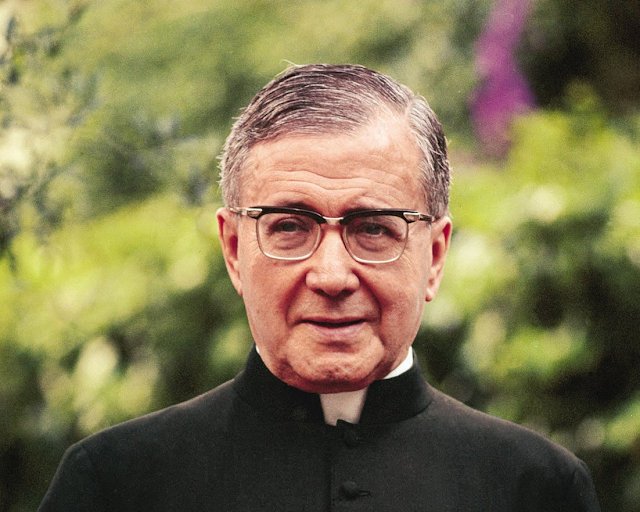The Vatican continues to de facto recognize the possibility of membership in Opus Dei for lay people.
Much has been said in recent months about the future of the laity within Opus Dei.
The reason lies in the Motu Proprio of last August 8 by which Pope Francis modified canons 295-296 on personal prelatures.
Since the promulgation of the apostolic Constitution Predicate Evangelium focused on the reform of the curia, there is a certain obsession in the Vatican (especially on the part of Cardinal Gianfranco Ghirlanda) in 'placing' Opus Dei in its rightful place according to the school of canonists. led by Ghirlanda and which did not triumph in 1982.
The reform of personal prelatures
In the Motu Proprio of August, Canon 295 affecting personal prelatures was reformulated. With this reform, the Pope established that personal prelatures (in this case the Opus Dei being the only one), "are assimilated to public clerical associations of pontifical right with the capacity to incardin clerics, are governed by statutes approved or issued by the Apostolic See and its government is entrusted to a Prelate as Moderator, endowed with the faculties of an Ordinary, who has the right to establish national or international seminaries and incardinate students, and promote them to the orders with the title of service of the prelature.
As usual in the Pontificate of Francis, despite being high-level documents, on many occasions his writings raise doubts that no one in Rome dares to resolve, giving rise to multiple interpretations. Does anyone know what Francis means by saying that the prelatures are "assimilated" to the public clerical associations of pontifical right? Well, for now there are as many opinions as there are experts in canon law.
On the other hand, Canon 296 is reformulated as follows: "Respecting Canon 107, through agreements established with the prelature, lay people can dedicate themselves to the apostolic works of the personal prelature; but the mode of this organic cooperation and the main duties and rights attached to it must be adequately determined in the statutes."
In his Motu Proprio, Francis insists on several occasions that the prelature only has the power to "incardinate clerics," accepting Ghirlanda's clerical vision of what personal prelatures should be. Francis establishes that lay people will be able to "co-operate" with the apostolic tasks of the prelature. And this means? That it will be the Holy See - with prior approval of the Statutes presented by the Work - who will dictate how this cooperation is carried out.
The appointment of the Bishop of Helsinki
On September 29, the Holy See made public the appointment of the Spanish priest Raimo Goyarrola as Bishop of Helsinki. Until then, he had held the position of vicar general of the only Catholic diocese that exists in Finland.
Raimo Goyarrola is of Spanish origin and belongs to the clergy of the prelature of Opus Dei, that is, he first requested admission as a numerary to later be ordained as a priest.
The truth is that in Rome there is also great confusion about the situation in which the Work currently finds itself, not to mention the number of clerics and high-ranking officials of the curia who do not understand or understand what Opus Dei is.
It is worth noting a detail, which perhaps was overlooked, in the statement issued by the Holy See when it made public the appointment of Raimo Goyarrola as Bishop of Helsinki. In the brief biography that the Vatican always provides about the new bishop, in which they offer about Goyarrola, the following is read: "Monsignor Raimo Ramón Goyarrola Belda was born on July 20, 1969 in Bilbao, Spain. In 1987 he entered the Personal Prelature of Opus Dei. "
"He graduated in Medicine and Surgery from the University of Navarra and later carried out his philosophical-theological studies at the Pontifical University of the Holy Cross in Rome, obtaining a Doctorate in Dogmatic Theology. On September 1, 2002 he was ordained a priest, becoming part of the aforementioned Personal Prelature."
In the description offered by the Vatican, they recognize that Raimo Goyarrola "entered" the Opus Dei in 1987. He entered as a numerary, that is, as a layman, so that the Holy See (unless it is a error of the person who writes those communications) comes to recognize that the laity are indeed part of Opus Dei, since "joining" is not the same as "co-operating." In any case, we will clear up doubts when Opus Dei makes public the new Statutes that must have the approval of the Holy See.










.jpeg)

Comments